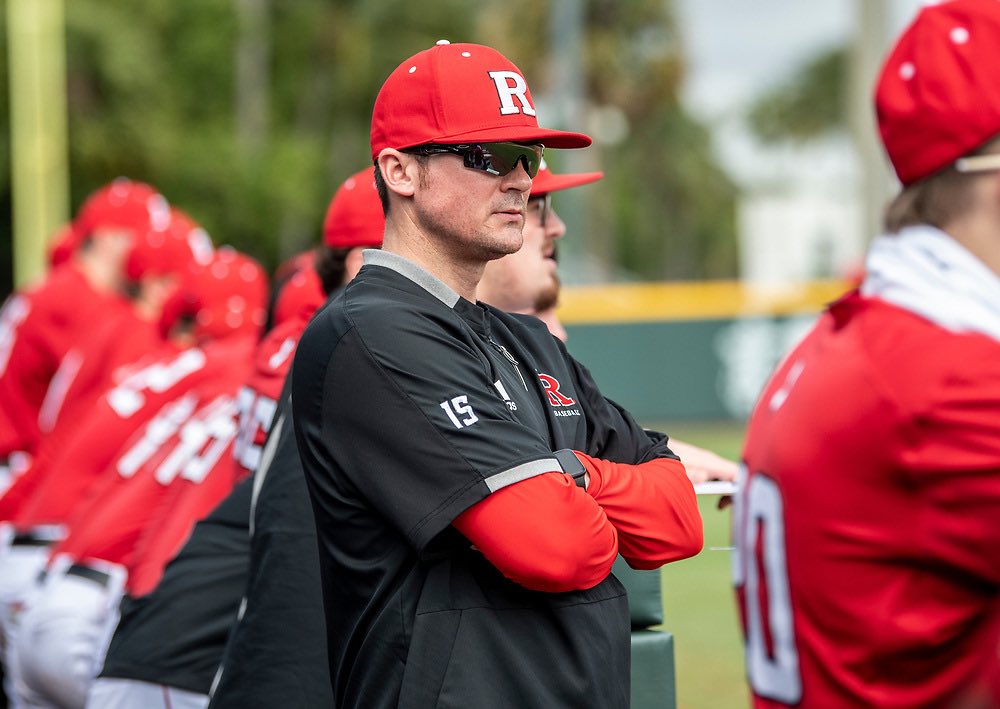Rutgers assistant Brendan Monaghan anticipates a busy summer in recruiting.
When the NCAA decreed that its recruiting dead period would be extended through June 30 due to the COVID-19 lockdown, it not only assured no collegiate eyes would be cast upon potential recruits through that period; it made a significant impact on Diamond Nation’s biggest recruiting events.
Diamond Nation has played host the past several Junes to the Super 17 Invitational and Super 16 Invitational tournaments, unquestionably two of the nation’s top baseball recruiting showcases.
Once the NCAA extended the dead period, Diamond Nation moved both recruiting showcases to August. The two-week Super 17 Invitational will now be held Aug. 17-21 and Aug. 24-28. The Super 16 event will be squeezed between the two on the weekend of Aug. 21-23.
College coaches are prohibited from evaluating prospective recruits in person during an NCAA recruiting dead period, while they are still permitted – in the case of rising juniors and seniors – to reach out to them by phone and email. That is where college recruiters and high school players stand at this point.
“The two events, from a recruiting standpoint, are must-attends,” says Brendan Monaghan, Rutgers’ director of recruiting. “I know travel teams recognize that and it’s become a big priority for them to get there.”
The COVID-19 lockdown has put both college programs and their potential recruits up against it in regard to the recruitment schedule. College recruiters and players have lost two-plus months of the high school baseball season and will lose a month of the summer season by the time the extended dead period expires. That is assuming baseball is permitted to commence by July 1.
“It’s tough to make a plan with so many unanswered questions, especially if things get pushed back further,” says Monaghan, an outstanding pitcher at Wayne Hills High School and St. John’s University who played three seasons in the Baltimore Orioles organization.
The NCAA is meeting on Thursday to determine if the dead period needs to be extended further. Meanwhile, states throughout the country have begun to re-open. There have been positive signs, too, in hard-hit New Jersey. Gov. Phil Murphy recently permitted outdoor gatherings of up to 25 people.
Still, college recruiters and high school players remain on edge about what has become, at the very least, a condensed recruiting window.
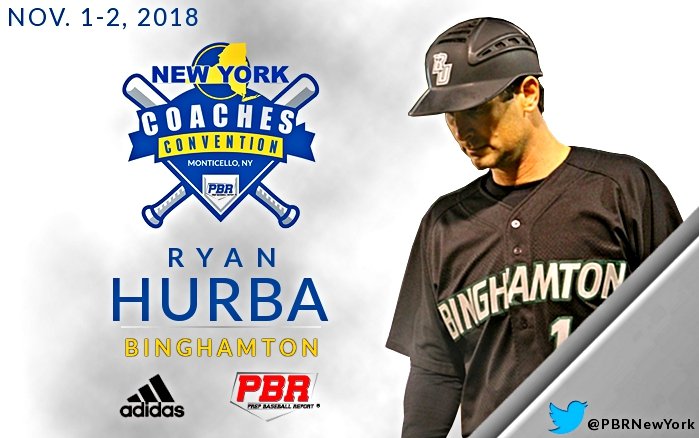
“Things are starting to open up,” says an optimistic Nick Massari, Diamond Nation’s general manager. “The Super Invitationals are such prestigious events; it made the most sense to move them to where they have the best chance to remain important. A lot of the charts being shown regarding the COVID-19 curve are trending down which makes August our most hopeful summer month for events like this that require major planning, travel logistics, and recruiting. Obviously, decisions from the governor’s office and NCAA are completely out of our control, but we remain positive we’ll see showcase baseball in the near future.”
The Super 17 and Super 16 tournaments will now fall at a time on the schedule when players traditionally begin pulling back on their summer schedules and college coaches typically start fine-tuning their decision-making.
“That point in August was usually a break for the players,” says Massari. “But they aren’t playing right now, so this is their break. They won’t need a break in August this year, and quite frankly, can’t afford not to play. We have had nothing but positive responses from teams and college coaches on moving the events.”
The condensed recruiting window will also strain the recruiting demands on the coaching fraternity.
“We usually don’t offer players without having seen them at least twice,” says new Lafayette College head coach Tim Reilly, a Rutgers grad who also handled recruiting at his alma mater.
“The push of the games to late summer is going to make it difficult for us to make the most informed decisions possible on the players we recruit.” Reilly says part of the decisions his staff will make will be based on what they sees on video and “the relationships we have with the high school and travel ball coaches.”
Taken on face value, there appears good reason for players and parents to be very concerned about their recruitment opportunities this summer. But that would be the pessimistic view; one that would include extended lockdowns. The coaching community, perhaps it is their competitive nature, believes what lies ahead is more of an inconvenience than a dreaded sentence to serve.
“I hope high school kids and their parents don’t panic,” says Monaghan. “There will be time to be seen. Things will work out fine.”
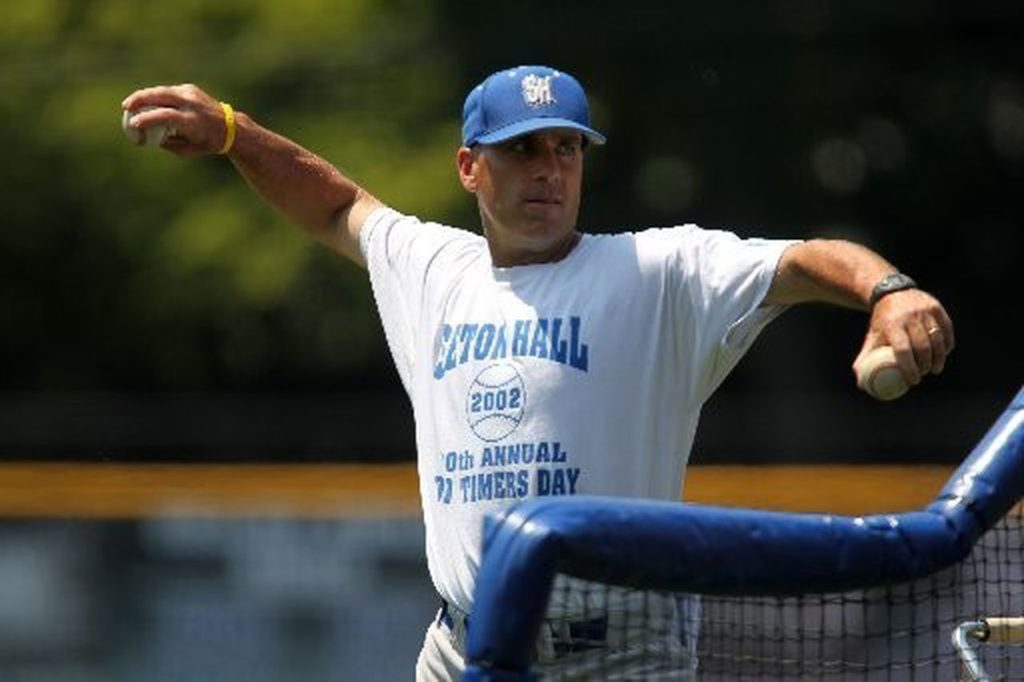
Seton Hall University coach Rob Sheppard says, “You are going to have to figure out exactly what you are looking for. We may have to be a little more selective about where we are going because of the shorter recruiting window.”
Ryan Hurba, who has helped direct the Binghamton University program to four NCAA regional appearances through his and head coach Tim Sinicki’s successful recruiting, is nothing if not excited for what he sees simply as a new challenge.
“You will see a lot of good vibes and energy at Diamond Nation when it opens,” says Hurba, a frequent visitor and clinician at the Flemington, N.J. facility. “As a recruiter, you readjust and recalibrate to the changes. On the recruitment road our goals will be a little different than they were in January. I think every player is excited to play and, on the coaching side, to evaluate. We will all be playing and coaching like we’ve gotten back something that was taken away from us.”
The perspective of the tournament teams while different than the college coaches that follow them; appears to originate from an equally positive standpoint and is fueled by an anxiousness to get back on the diamond.
Pete Zoccolillo, who had a cup of coffee with the Milwaukee Brewers in 2003 after a terrific career at Rutgers, guides the Morris County Cubs program through this difficult time.
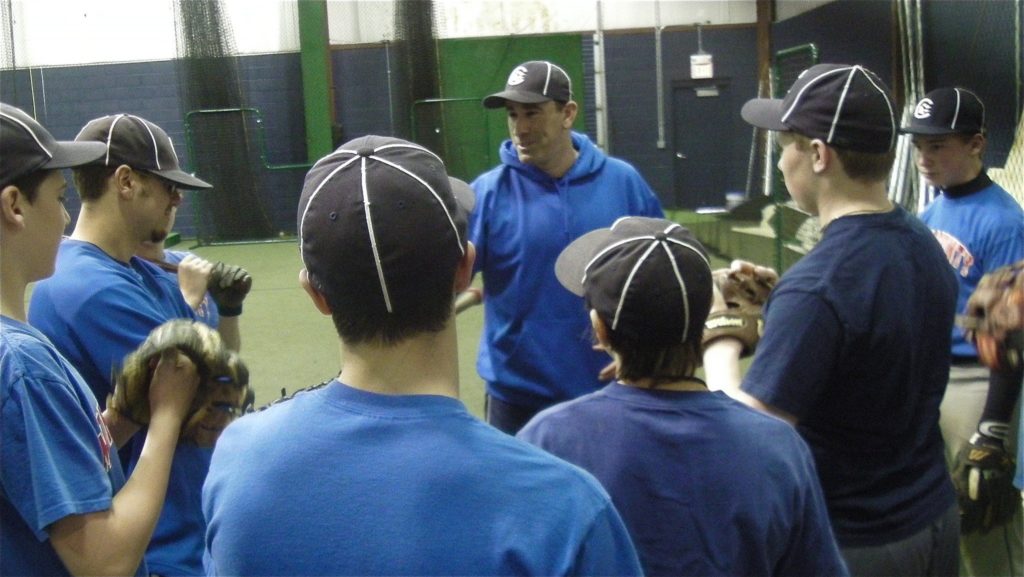
“Everyone is on edge but they understand,” says Zoccolillo. “Our parents have been fantastic. We actually had a Zoom call with (major league pitchers) Adam Wainwright and Steven Matz to talk to the kids about getting through adversity.” Such are the remarkable programs that regularly visit Diamond Nation.
“Everyone is in the same boat,” says Zoccolillo. “It was really smart of Diamond Nation to move Super 17. It’s a big draw and pointless to have it without college coaches there. I talked to Steve Ditrolio (Diamond Nation’s recruiting coordinator) a lot through the process as we were figuring out what was best for everyone. (The summer) will be a challenge for every college coach and for the players. Things will move a lot quicker in the recruiting process.”
For DiTrolio and Diamond Nation it truly was about putting the players in a position to both succeed and to be seen while doing so.
“Moving the events to August was a no brainer,” says DiTrolio. “There are only so many good recruiting events during the summer and we would hate to lose even one, considering the lack of exposure to this point.
“We just hope the NCAA complies. But, even though college recruiting has always been a huge factor in our scheduling, I think we need to make sure we all create competitive schedules this summer and focus on playing good baseball. These players have lost so much to this point.”
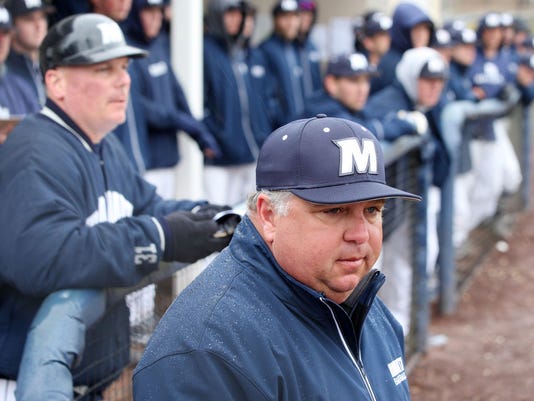
Monmouth University head coach Dean Ehehalt, like his fellow college coaches, is trying to be creative during the long wait to get back on the field while keeping tuned in to his recruits.
“Right now it’s just a waiting game,” says Ehehalt, who has 725 wins under his belt in 28 college seasons. “We’ve been keeping in touch with prospects and monitoring their readiness to return to play. The evaluation and face-to-face meetings are of course not an option now, so the contact via virtual means is extremely important. We are trying to provide our prospects with a great experience virtually.”
The changes in the approach to recruitment will continue unabated into the summer, particularly as college coaches embrace the urgency to get things done.
“I do believe players who do well early are going to get some action quickly,” says Hurba. “But we are not going to be reactionary and be pushed by the calendar. If there is one thing we’ve learned, you don’t make decisions until you are ready as a staff. I don’t believe you make your best decisions when you are up against a clock. It’s a big region and there are a lot of good players.
“We’ll recruit the way we always do. I don’t have anxiety going into summer. I think our conversations about our individual classes have been calm, business as usual. We just have a shorter calendar.”
Jim Wladyka directs one of the top travel programs in the state in Wladyka Baseball and remains like the sprinter at the start line waiting for the starter’s gun to fire.
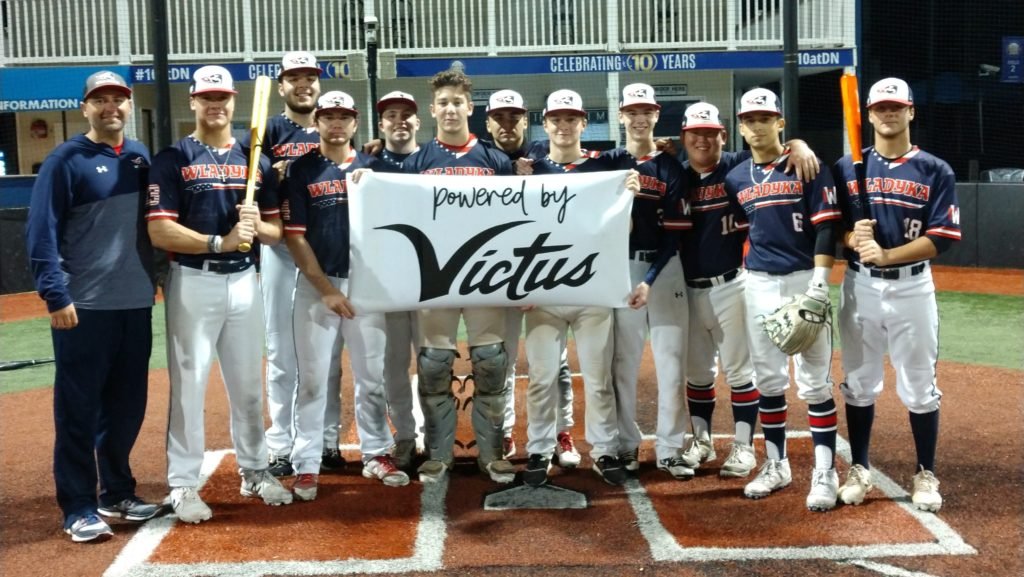
“Diamond Nation made a smart decision for all the players and organizations to push the event back to August,” said Wladyka, who pitched for St. John’s University and the Mets and Royals in Class-A ball. “This is the premier event in the northeast. The August date gives all of our players an opportunity to get built back up after losing their high school season. The new date gives them a chance to showcase their skills at the top of their game.”
Todd Leathers oversees another deeply talented program in Locked In Baseball. He and his program are learning to adjust to a new recruiting environment on the fly.
“With the constantly changing environment, we feel like this summer and moving forward it is really important for players to be connected to programs that have a finger on the pulse of everything,” he says. “We have been talking to coaches daily to formulate a plan to maximize our players’ exposure opportunities in these uncertain times. Coaches have been very receptive to these conversations. Leaning on past relationships is what’s going to get us all through this.”
Tim Byron, a Seton Hall University grad and former Yankees farmhand, coaches in the NJ Giants organization steered by Mickey Ennis. Byron says, “Summer ball and tournaments like Super 17 and Super 16 are players’ time to shine. It’s been wait, wait, wait to this point. But, hopefully, we’ll be playing soon and these kids will have an opportunity to show what they can do and advance in their baseball careers.”

